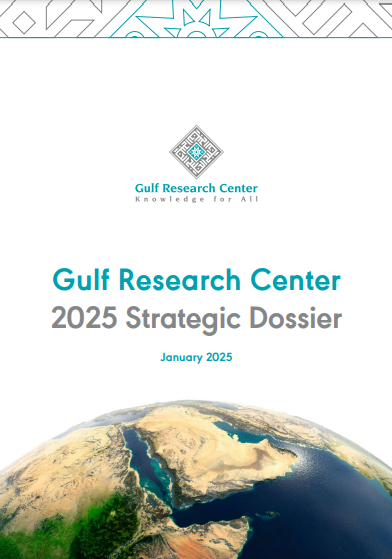
The Gulf region stands at a pivotal juncture in 2025 as the interplay of unresolved geopolitical tensions and evolving strategic partnerships shapes its security and development landscape. The past year has left a complex legacy of challenges and opportunities, particularly as the United States continues to grapple with how to address critical issues in the Middle East. The Biden administration’s approach to the Palestinian issue, the Iranian nuclear program, and broader Gulf security remains mired in ambiguity, creating a sense of uncertainty among regional actors. The repercussions of last year’s events, including the unresolved conflicts in Yemen, Syria, Libya and Sudan as well as the trajectory of the confrontation between Iran and Israel, underscore the fragility of the current status quo and highlight the pressing need for durable solutions.
The Gulf region stands at a pivotal juncture in 2025 as the interplay of unresolved geopolitical tensions and evolving strategic partnerships shapes its security and development landscape. The past year has left a complex legacy of challenges and opportunities, particularly as the United States continues to grapple with how to address critical issues in the Middle East. The Biden administration’s approach to the Palestinian issue, the Iranian nuclear program, and broader Gulf security remains mired in ambiguity, creating a sense of uncertainty among regional actors. The repercussions of last year’s events, including the unresolved conflicts in Yemen, Syria, Libya and Sudan as well as the trajectory of the confrontation between Iran and Israel, underscore the fragility of the current status quo and highlight the pressing need for durable solutions.


